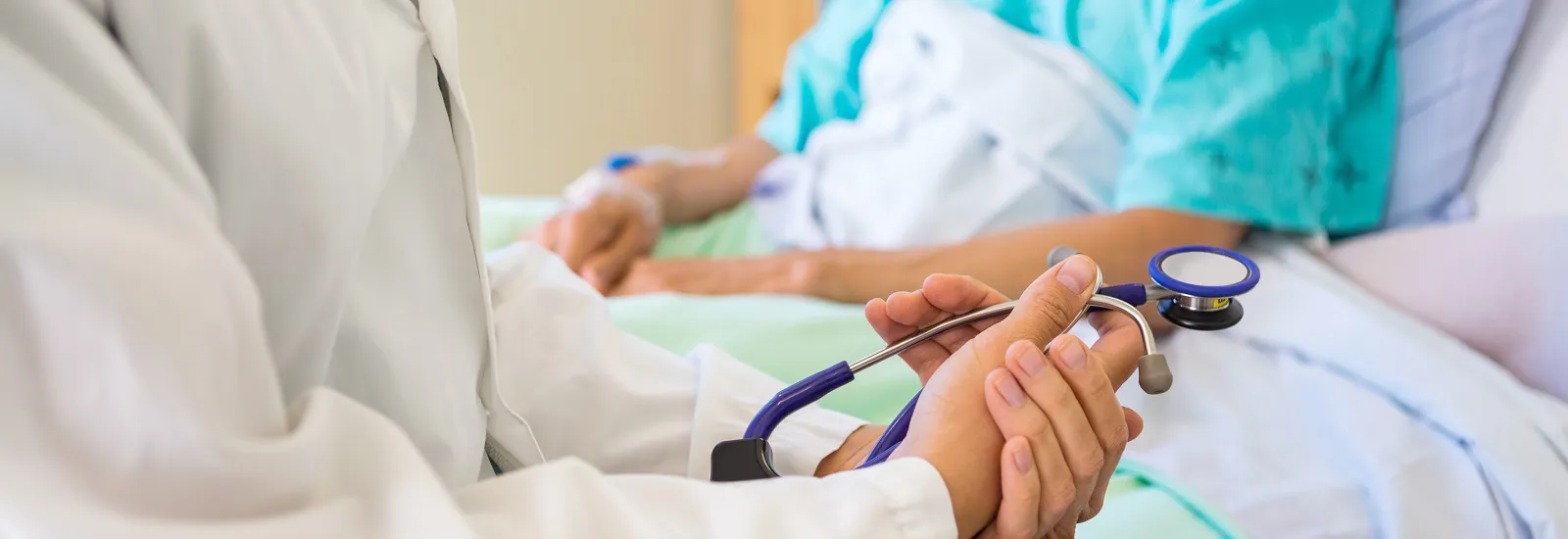
Hernia Repair Surgery at Reid Health
At the Reid Health General
Surgery Center, our board-certified general surgeons provide advanced care
for hernias. Whenever possible, we use robotic and laparoscopic approaches to
repair many different types of hernia, helping patients across East Central
Indiana and West Central Ohio recover faster and with less pain.
Surgical treatment for all types of hernias
Hernias are tears in your tissue or muscle where part of an
internal organ bulges through the abdominal wall. Hernias occur when pressure
develops in weakened areas of muscles and tissues. In some cases, a hernia is
visible from outside your body.
Clinicians classify hernias based on where they develop in the
body. Different hernias include:
·
Femoral
hernia: Mostly affecting women, femoral hernias involve a bulge in your
upper thigh below your groin.
·
Hiatal
hernia: This hernia pushes part of your upper stomach through an opening in
your diaphragm.
·
Incisional
hernia: These hernias originate from a scar from a past abdominal surgery.
·
Inguinal
hernia: Also called groin hernias, these are more common in men and develop
in the groin. They may progress to the scrotum.
·
Umbilical
hernia: More common in babies, umbilical hernias happen when the belly
button fails to close properly after birth.
·
Ventral
hernia: These hernias stem from the abdominal midline.
Although clinicians can treat some hernias without surgery,
surgery allows people with very painful or severe hernias to avoid serious and
sometimes life-threatening complications.
Minimally invasive hernia repair surgery at
Reid
Surgeons perform two types of hernia surgery: laparoscopic
surgery and open hernia repair.
Reid's general surgeons use laparoscopic surgery to repair
hernias as much as possible. Using a laparoscope, a tube-like device with a
light and tiny camera attached to look inside the body, our surgeons work
through small incisions, or cuts, to repair your hernia and move its contents
back into place. A harmless gas is also pumped into your stomach to give the
surgeon more space to work. A piece of mesh placed during the procedure helps
reinforce weak areas of the abdominal wall and prevent a hernia from returning.
Stitches are used to close the surgical site.
Some patients need traditional open hernia repair. Those
surgeries require a large incision near the affected area, but unlike
laparoscopic hernia repair, which may require general anesthesia, open hernia
repairs may be performed using local anesthesia.
Your surgeon will recommend the right approach for you based
on the type of hernia you have, your overall health, and other factors.
As with any other surgery, hernia repair
comes with the risk of potentially adverse side effects, such as:
·
Blood vessel, organ, and nerve damage
·
Long-term pain around the incision site
·
Recurrence of the hernia
You may be concerned about the safety of surgical mesh used
to repair hernias. The U.S. Food and Drug Administration has recalled the
surgical mesh products that led to serious complications. The mesh used today is
safe and has not been associated with the same side effects of products used
previously.
Preparing for your procedure
Before your surgery, you'll meet with your team at the Reid
Perioperative Clinic. Your surgeon, surgical navigator, and other members
of your team will work with you to make sure you're as healthy as possible
before your surgery and prepared for your recovery. Your perioperative team may
also order tests and lab work to get a complete picture of your health.
Your surgeon will instruct you on preparing for the procedure,
including which medications to stop taking and when, what foods and drinks to
avoid, and how soon to stop eating before surgery.
Recovering from hernia repair surgery
For laparoscopic repair, you may be able to go home the same
day as your surgery. If you had complications or had open surgery, you may stay
in the hospital longer. Your surgeon will give you specific instructions for
recovery, but common guidelines include:
·
Avoiding movements or actions that put pressure
on the affected area
·
Avoiding rigorous activity, like heavy lifting,
for several weeks
·
Consuming plenty of fluids and high-fiber foods
to reduce the risk of constipation
You may have trouble urinating following hernia repair
surgery. This is more common in men, especially after inguinal hernia repair.
Your surgical team may insert a thin tube into your bladder called a catheter
to help drain urine temporarily.
Your perioperative care team will monitor you throughout your
recovery to ensure you have the best possible outcomes from your surgery. You
will have follow-up visits with your surgeon, as well.
Trust Reid for
expert hernia repair surgeries
Our board-certified surgeons and compassionate perioperative
care teams tailor treatment to your needs and guide you throughout the process
of a hernia repair surgery. To learn more about laparoscopic and open hernia
repairs, request an
appointment.

